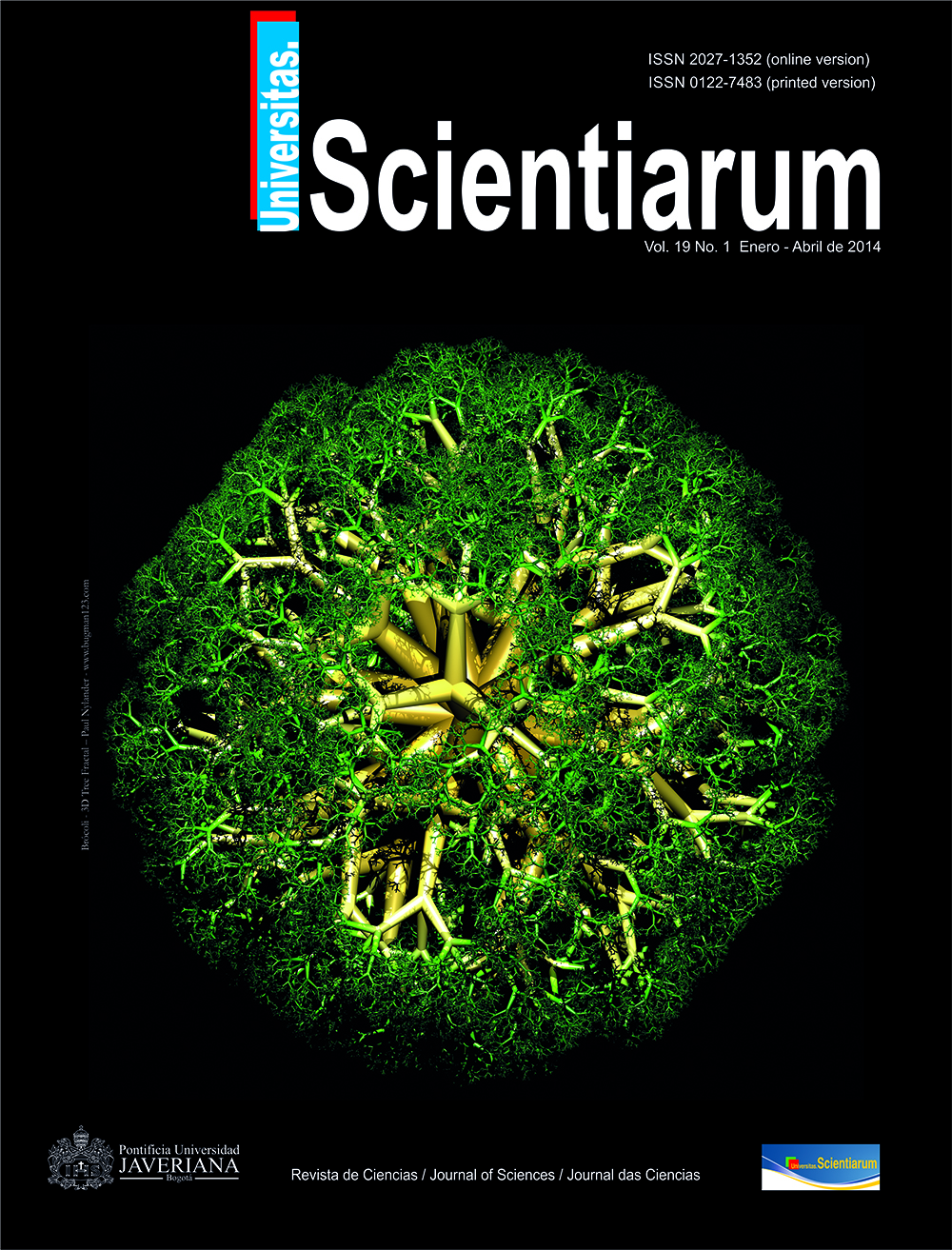Abstract
Calliphorids are the first arthropods to colonize cadavers, their composition and abundance vary according to location. They are used to estimate post-mortem intervals and surmise the relocation of corpses; making the identification of these local variations are key in detecting the relocation of a body. We assessed these blowfly variations in 11 sites in Bogotá. A pre-sampling (dry season) was conducted to select a trapping method and sampling sites; the formal sampling (rainy season) was conducted using a directed sweep net. We identified the following species: Lucilia sericata, Roraimomusca roraima, Compsomyiops verena, Calliphora nigribasis, Calliphora vicina and Sarconesiopsis magellanica and compared their richness, diversity, dominance and composition for each site. The highest richness was found in Chico-Lago (Chico) while the lowest was Alcazares (Barrios Unidos). Bolivia (Engativá) was the most diverse and 20 de Julio (San Cristobal) the least; dominance was higher in 20 de Julio and lower in Apogeo (Bosa). Species’ composition and abundance varied between sites; this may be used as evidence to support cases in Bogotá in which cadavers have been relocated.Univ. Sci. is registered under a Creative Commons Attribution 4.0 International Public License. Thus, this work may be reproduced, distributed, and publicly shared in digital format, as long as the names of the authors and Pontificia Universidad Javeriana are acknowledged. Others are allowed to quote, adapt, transform, auto-archive, republish, and create based on this material, for any purpose (even commercial ones), provided the authorship is duly acknowledged, a link to the original work is provided, and it is specified if changes have been made. Pontificia Universidad Javeriana does not hold the rights of published works and the authors are solely responsible for the contents of their works; they keep the moral, intellectual, privacy, and publicity rights. Approving the intervention of the work (review, copy-editing, translation, layout) and the following outreach, are granted through an use license and not through an assignment of rights. This means the journal and Pontificia Universidad Javeriana cannot be held responsible for any ethical malpractice by the authors. As a consequence of the protection granted by the use license, the journal is not required to publish recantations or modify information already published, unless the errata stems from the editorial management process. Publishing contents in this journal does not generate royalties for contributors.



